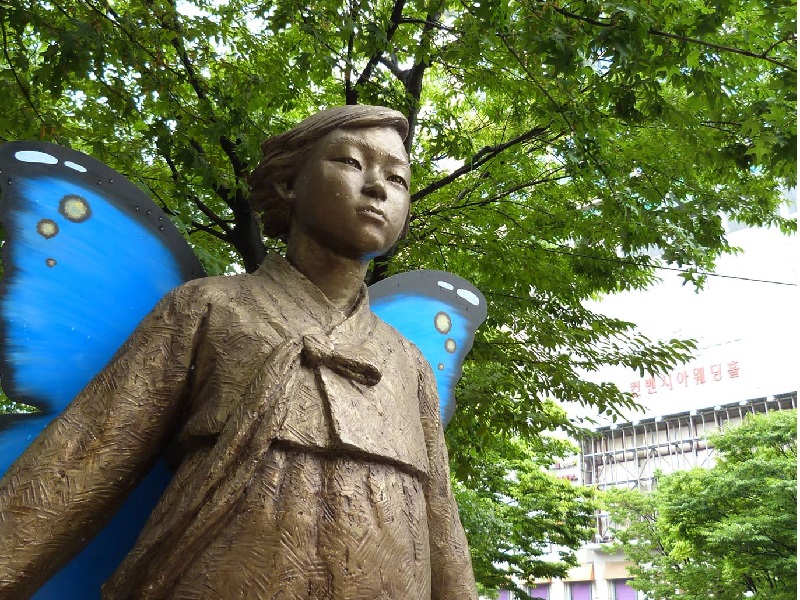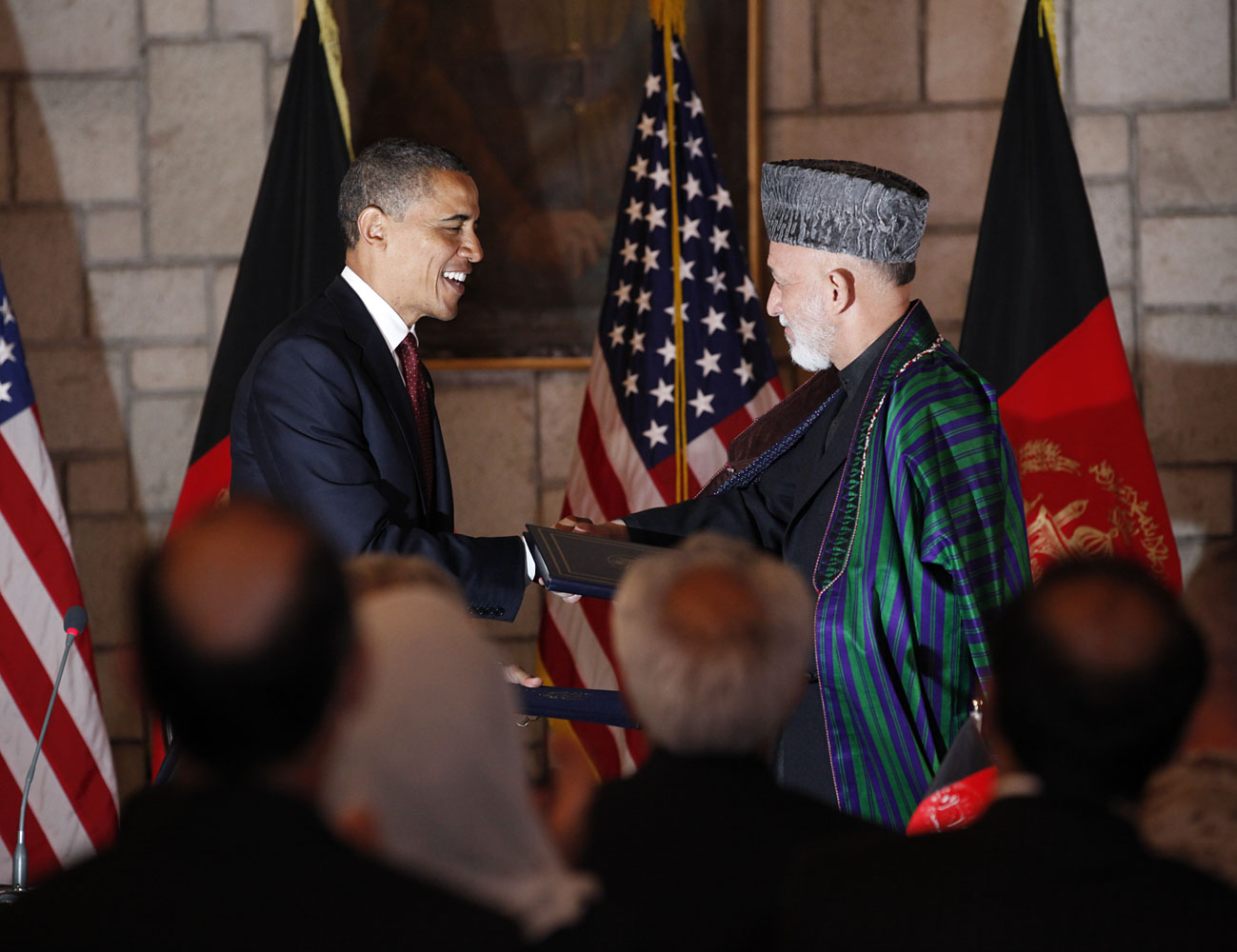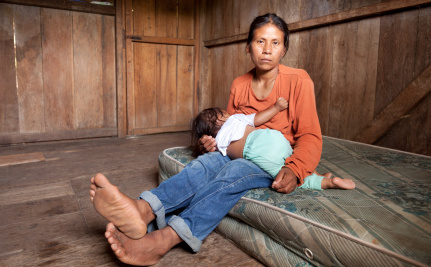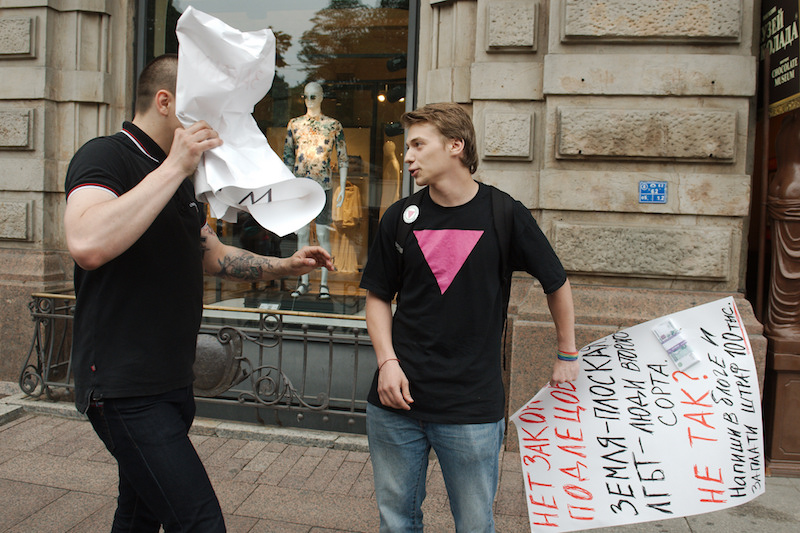From the late 1930s to the end of the Pacific War, about 200 thousand Korean women were forced into sexual slavery in frontline military camp brothels for the Japanese Imperial Army. There are 245 Korean victims registered today since the first testimony in 1991, with only 40 of them still alive.
The growing domestic opposition to the closed-door South-Korea-Japan agreement made on December 25, 2015, on the comfort women issue, raises questions about the Korean government’s support to the victims of sexual slavery in a context of uncertainty and ongoing military threat from North Korea. The comfort women issue becomes a terrain to explore the many intricacies of South Korea’s relationship with Japan and the US, and its significance for future military alliance, economic exchanges and implementation of international law in the region.
The bias of historical memory
To understand the comfort women issue and the non-apologetic position of Japan, one must understand the link between colonial past, war-crimes of the Pacific War (1941-1945) and Korean War (1950-1953, cease-fire), and American imperial establishments. Remembering and recognizing the suffering of comfort women is part of the nation-building project of Korea and Japan, and the legitimacy of US occupation of Japan and military camps in Korea. In fact, many comfort women were found to have become sex workers at US camptowns in South Korea during and after the Korean War.
First, one has to understand that the presence of US military bases in the region dates back from the Pacific war, and was further legitimized in a Cold War context. By stopping the dismantling of business conglomerates, and reinstating members of the wartime Japanese government, the US was aiming to rebuild Japan’s economy and its support as an ally in the Cold War. However by doing so, Washington was unconsciously supporting Japan’s unapologetic position on its past war-crimes, in light of its predispositions about the Korean War and the Vietnam War.
Second, confronting the issue of sexual war crimes of Japan is also about remembering the Korean War in a context of post colonialism, Japanese economic reconstruction, and Cold War political sensitivities. How to remember the Korean War becomes a wider project of recognizing the role played by the Korean government, the US military and overarching economic schemes in the military industry of sex workers, and the general acceptance of the importance of soldiers’ (sexual) “needs” in war preparation.
Militarized currents of sex work
In the meantime, US military presence in Korea and Japan has many implications for the sustainment of military prostitution and sexual criminality today. To understand military prostitution today, we should look at the historical development of sex work in military markets of labor.
Jae-Jung Suh, professor at the International Christian University and former fellow at the Wilson Centre, investigated the links existing between sexual geopolitics and camptown prostitution.
He found that the legacy of US militarism and ensuing economic systems of Japan and Korea, influenced the gendered experience of sexual and economic oppression of today’s military sex workers.
Katharine Moon, professor of political science and chair of Asian studies at Wellesley College, investigates the significance of sex workers in foreign policy and the bilateral relations of Korea and the US during the Korean War, and its influence on today’s camptown prostitution. She shows “how women such as the Korean prostitutes (were) marginalized and made invisible in militarily dependent societies both because of the degradation of their work and because of their importance for national security.”
She concludes from analysis of military reports, interviews with Korean officials, and Korean sex workers testimonies, that the comfort women issue is not that different from issues of camptown prostitution.
Grassroots division on sex industry
Since 1992, the non-governmental Korean Council for the Women Drafted for military Sexual Slavery by Japan has been leading weekly demonstrations in front of the Japanese embassy in Seoul, to demand proper apologies and compensations from the Japanese government.
However, as much as past acts of injustice are effectively recognized for the comfort women of the Japanese colonial period, they are rejected when it comes to kijich’on (camptown Korean sex workers). Purposely calling them “prostitutes” of American GIs, this attitude distinguishes the fact that kijich’on chose their profession whereas comfort women (chôngsindae) were kidnapped and helpless.
It hides the many economic and social conditions that led Korean women into military prostitution, which also relate to the narrow legal framework that is given to sexual trafficking and sex work in general in Korea. (The first anti-prostitution legislation was enacted in 2004) But it also hides the responsibilities of American legislation about prostitution in general, with the many Korean women working in the US as “bar girls”.
Civil society and activists should expand their struggle for comfort women to a wider perspective on gender justice, in an effort to transform the structure of sex-work institutions, attitudes and regulations of the sex industry, in respect to the multiple causations and experiences of Korean sex worker social mobility.
Reconciling with a critical perspective on military prostitution
Military prostitution is not simply an inevitable evil. It is the outcome of the calculation of interests of geopolitical forces and local elites to serve political and economic interests. It is interesting to put the discussion in a critical perspective of military culture. It questions the real responsibility of the American military, the Korean government and the need to support a newly developing economy through foreign currency. Recognizing the historical depraving of the usage of women’s bodies and experiences of suffering is a way to move forward on issues of military prostitution and sexual violence.
It is also a call to address the present question of human/sexual trafficking, with adequate interpretation and amendments of national legal frameworks, in light of international human rights.
Photo: Memorial statue for the remembrance of “comfort women” near Ehwa Women’s University in Seoul (2016), by Benson Cheung.
Disclaimer: Any views or opinions expressed in articles are solely those of the authors and do not necessarily represent the views of the NATO Association of Canada.




